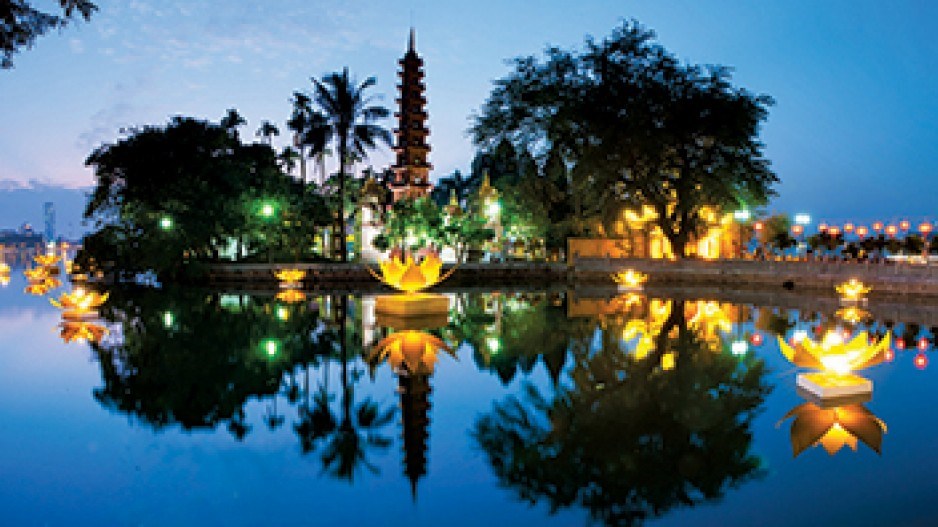HANOI, Vietnam – When underdeveloped autocratic states decide to abandon isolationism, they often latch on to tourism as the most attractive and easily accessible doorway into the brave new economic world of free enterprise.
But they swiftly come up against a fundamental cultural conflict. While autocracies depend for their survival on constraining and controlling their citizenry as much as is humanly possible, the international tourist industry requires minimal restrictions on freedom of movement.
Some countries in recent years, especially in Africa, have not managed to resolve this conflict except by confining tourism to hermetically sealed enclaves. This limits the broad benefits of tourism and confines the treasure trove to entrepreneurs who know how to grease the wheels of government.
Vietnam, which now attracts over seven million tourists a year, has by and large managed to avoid the cultural conflict. The country remains a one-party communist state and there’s little prospect of that changing in the foreseeable future. But the tourists who arrive from all over the world, to take in the pleasures of what is one of the most fascinating countries in Asia, can leave at the end of their visit without ever being aware they have been in an autocratic state with few civil rights and a bad human rights record.
Vietnam’s tourist industry is among the most user-friendly I’ve encountered anywhere in Asia. During this two-week trip in northern and central Vietnam, my wife and I made only the most basic arrangements before leaving. Most of the trip we made up as we went along, depending on how the mood took us. Without exception, we found hotel staff eager, willing and able to help us do whatever we wanted. Usually the arrangements we made on the hoof far exceeded our expectations.
The development of Vietnam’s tourist industry in the 25 years since I first visited the country is remarkable. When I first visited Hanoi there was only one western-style hotel, the newly restored relic of French colonialism, the Metropole. I stayed in a military guest house behind the Hanoi Opera House. China Beach was a quarter-century ago just an endless stretch of sand and surf running from Danang to Hoi An. There was only one eight-room hotel on the entire beach, and that looked as though it had slim hopes of survival. Now the drive south passes a cavalcade of resorts proclaiming the big names in the hotel industry.
All too often emergent tourist industries swiftly destroy the attractions that lure visitors in the first place. To their credit, the Vietnamese authorities clearly understand the relationship between the goose and the golden egg. When, 10 years ago, it looked as though the Old Quarter in Hanoi might be bulldozed by overeager tourism entrepreneurs, the authorities called a halt. It’s the wonderful colour and flavour of the Old Quarter that people come to see, and it continues to flourish. It’s the same with the ancient port city of Hoi An. When I first went to Hue 25 years ago, the palace in the old imperial capital was still a pile of rubble after the fighting of the 1968 Tet Offensive. Since then the task of rebuilding this smaller version of Beijing’s Forbidden City has progressed steadily.
It is often the case that tourist industries based on exotic cultures are victims of their own success. So far Vietnam has managed to avoid this danger, though the nose-to-tail cruise boats on Halong Bay are a warning of what could happen.
Jonathan Manthorpe ([email protected]) has been an international affairs columnist for nearly 40 years.




